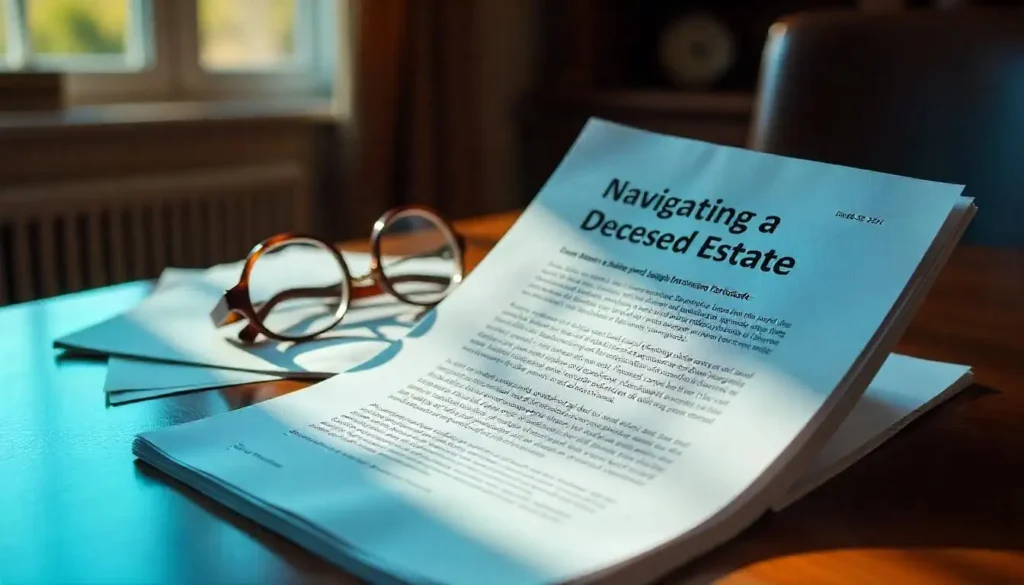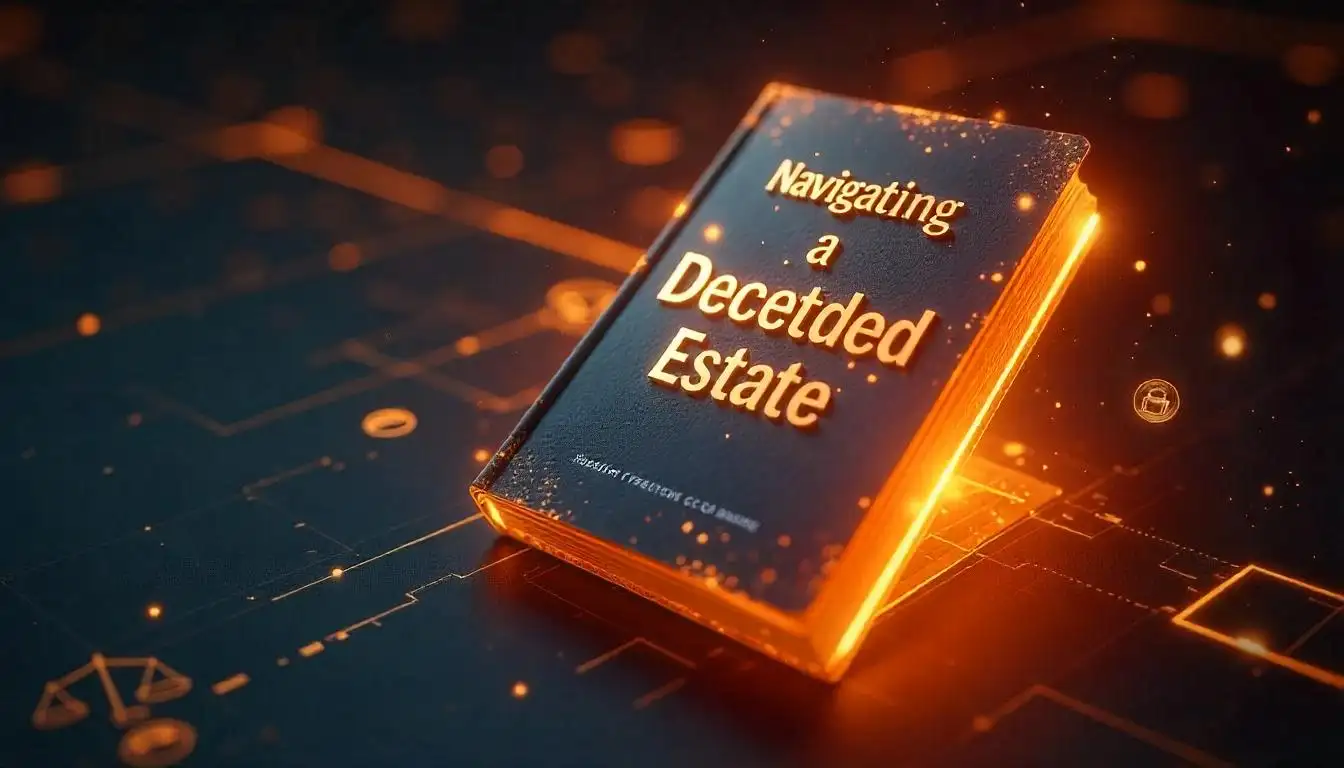Losing a loved one is emotionally challenging, and dealing with their estate can add stress during an already difficult time. Whether you’re an executor responsible for administering the estate or a beneficiary awaiting inheritance, understanding the legal and financial processes is crucial.
This comprehensive guide will walk you through what a deceased estate is, the steps to settle it, common challenges, and how professional assistance can simplify the process.
1. What Is a Deceased Estate?
A deceased estate refers to all the assets, liabilities, and possessions left behind by someone who has passed away. This includes:
Physical assets (property, vehicles, jewelry)
Financial assets (bank accounts, investments, shares)
Debts & liabilities (loans, credit cards, taxes)
The estate must be properly managed, debts settled, and remaining assets distributed to beneficiaries according to the will or intestacy laws (if no will exists).
Key Terms to Know:
Executor – The person named in the will to manage the estate.
Administrator – Appointed by the court if no executor is named.
Probate – Legal validation of the will by the court.
Beneficiary – Someone entitled to inherit from the estate.
Get Expert Estate Assistance Now
2. First Steps After a Loved One’s Passing

Before dealing with assets, there are immediate steps to take:
A. Locate the Will
Check the deceased’s personal documents or solicitor’s records.
If no will exists, the estate is intestate, and state laws determine distribution.
B. Register the Death
Obtain a death certificate (required for legal processes).
Notify government agencies (e.g., Social Security, tax offices).
C. Secure Assets
Safeguard property, lock away valuables, and notify banks.
Redirect mail to prevent fraud.
Get Expert Estate Assistance Now
3. The Probate Process: Is It Necessary?
Probate is the legal process where a court validates the will and grants authority to the executor.
When Is Probate Required?
If the deceased owned property solely in their name.
If financial institutions require it to release funds.
If there are disputes among beneficiaries.
How to Apply for Probate
File an application with the probate court.
Submit the original will, death certificate, and asset list.
Pay applicable fees (varies by jurisdiction).
Wait for approval (can take weeks to months).
Tip: Some estates qualify for simplified probate (small estates), avoiding lengthy court processes.
4. Managing the Estate: A Step-by-Step Guide
Step 1: Take Inventory of Assets & Debts
List all properties, bank accounts, investments, and personal belongings.
Identify outstanding debts (mortgages, loans, taxes).
Step 2: Pay Off Debts & Taxes
Creditors must be notified and paid before distribution.
Estate taxes (if applicable) must be settled.
Step 3: Distribute Assets to Beneficiaries
Follow the will’s instructions.
If no will, follow intestacy laws (typically spouse/children first).
Step 4: Finalize & Close the Estate
File final tax returns.
Obtain a release of liability from beneficiaries.
Get Expert Estate Assistance Now
5. Common Challenges in Deceased Estates
A. Missing or Contested Wills
If a will is lost, courts may rely on earlier versions or witness testimonies.
Disputes can lead to will contests, delaying distribution.
B. Family Disputes Among Beneficiaries
Siblings or relatives may challenge asset division.
Mediation or legal intervention may be necessary.
C. Unclaimed Assets & Hidden Debts
Some assets (old bank accounts, stocks) may be overlooked.
Creditors can still claim debts years later if not properly settled.
D. Delays in Probate
Complex estates or court backlogs can prolong the process.
6. How Professional Estate Services Can Help
Handling a deceased estate involves legal, financial, and administrative tasks. Professional services provide:
✅ Probate Assistance – Filing paperwork, court representation.
✅ Asset Tracing – Locating hidden or forgotten assets.
✅ Debt Settlement – Negotiating with creditors.
✅ Dispute Resolution – Mediating family conflicts.
✅ Tax Compliance – Ensuring correct filings.
Why Go It Alone? Our expert team simplifies the process, ensuring a smooth, legally compliant estate settlement. Contact us today for a consultation.
7. Frequently Asked Questions (FAQs)
Q: How long does settling an estate take?
A: Simple estates may take 6-12 months, while complex cases can take years.
Q: Can an executor be paid for their work?
A: Yes, executors may claim reasonable fees, depending on the will or state laws.
Q: What if the deceased had no will?
A: The estate is distributed under intestacy laws, usually to the closest relatives.
Q: Are all assets subject to probate?
A: No. Jointly owned property, life insurance, and trusts typically bypass probate.
Get Expert Estate Assistance Now
Final Thoughts
Dealing with a deceased estate is a complex but necessary process. Whether you’re an executor or beneficiary, understanding the legal requirements can prevent costly mistakes and delays.
If you’re feeling overwhelmed, professional estate administrators can handle the heavy lifting—allowing you to focus on honoring your loved one’s memory.
Need Help? Reach out to our team for expert guidance on deceased estate management.



















